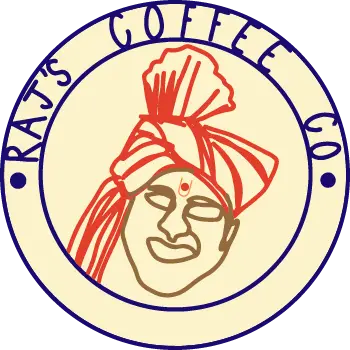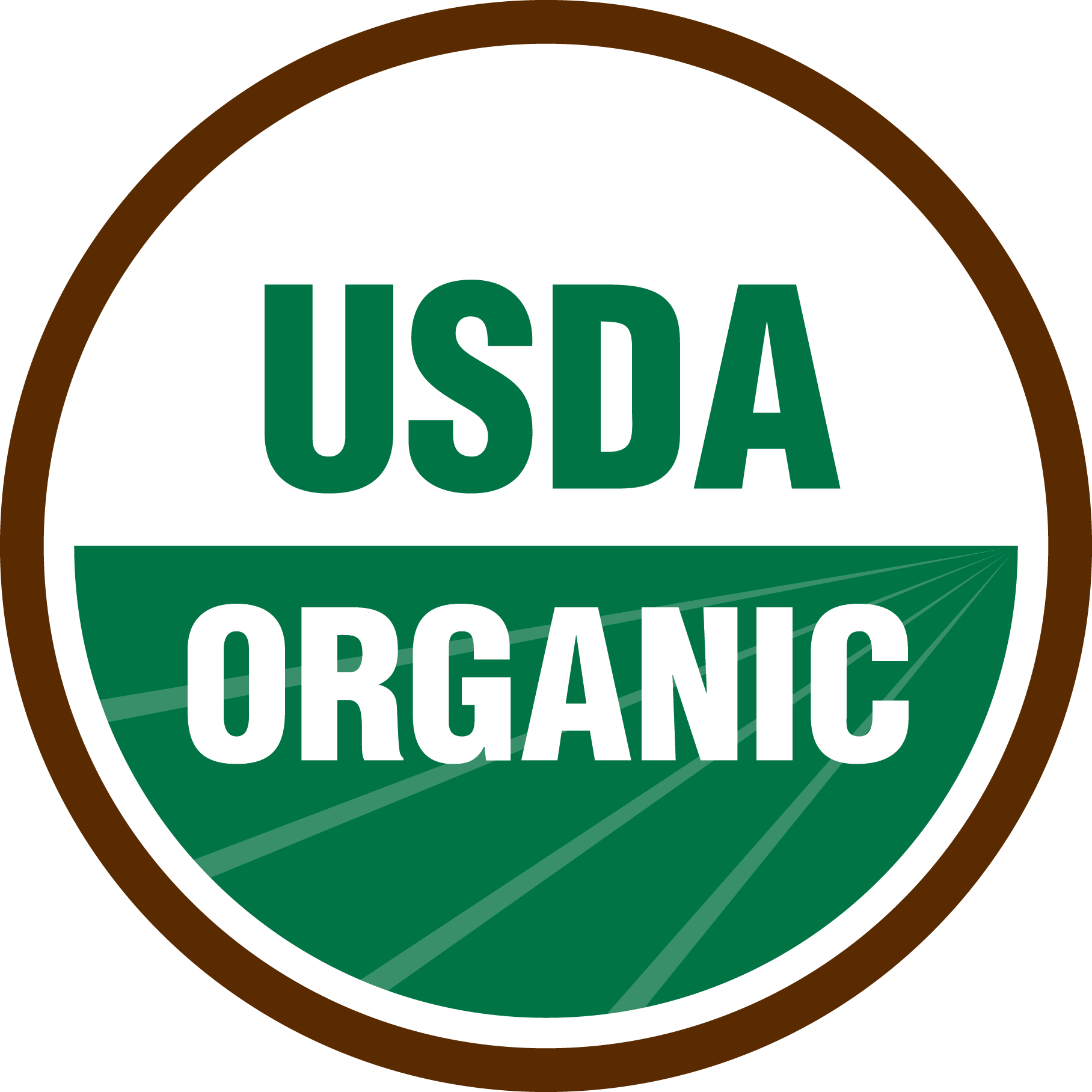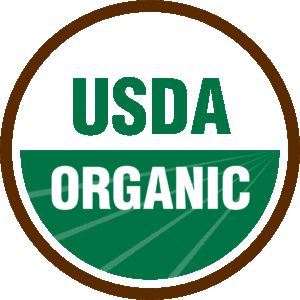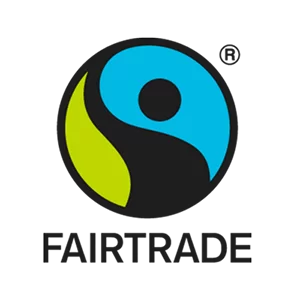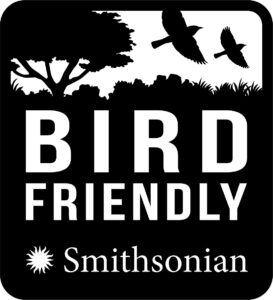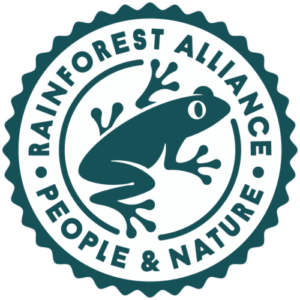Coffee, like lots of other food products, sometimes comes with certifications on its packaging. If you’ve browsed the coffee aisle at your local supermarket, then you’ve probably seen labels like USDA Organic, Fair Trade, and other stamps of approval. Organizations like these have formed in recent decades to act as a sort of shorthand for healthy trade practices.
These labels certainly look impressive and meaningful. But critically, they don’t actually tell you very much on their own. They’re shorthand, but what they actually mean is not always clearly communicated. They can bring up questions like: what’s the difference between fair trade and direct trade? Is everything not labelled organic unethical to buy? Should I be paying attention to these at all?
In this article, we’ll talk about some of the most common coffee certifications. We’ll discuss what these organizations claim to do, what their labels actually mean, and how they might impact your buying decisions.
USDA Organic
For a coffee to be certified USDA Organic, the producer must comply with the standards of organic farming set by the Department of Agriculture’s National Organic Program. These standards strictly limit the use of synthetic substances on a given farm. (Technically, there is a small number of synthetic substances allowed by the USDA, but most are restricted.)
Of all the certifications you might see on coffee, USDA Organic is the only one that is legally defined and enforced. The certification requires, in the USDA’s own words, “a rigorous review process by highly-skilled graders & auditors.” A coffee does not receive this label unless its producer has been reviewed and graded organic.
All this being said, just because a coffee doesn’t carry this certification doesn’t mean it wasn’t farmed organically. A producer must pay a fee in order to be inspected for the USDA’s standards. They may choose not to pay it. Furthermore, the cost of synthetic chemicals may be prohibitive.
Interestingly, USDA Organic is also the only one of these certifications that appears much at all in specialty coffee. If you’re wondering why that is, we’ll get to that in a bit.
Fair Trade
This is perhaps the most common certification you’d see on a coffee. The organization’s mission is to promote the economic success of small producers by purchasing green coffee at fair market value. In their own words, the Fair Trade mark signifies “fair prices and decent working conditions” and “environmentally friendly-farming practices,” among other things. It is the only certification on this list that has guarantees a minimum price for coffee purchased.
The idea behind Fair Trade is, in theory, to assist smaller coffee producers and allow them to succeed in the competitive global marketplace of coffee. In exchange for the fairly purchased coffee and the label, farmers are expected to adhere to certain ethical standards, although these standards do not include organic farming practices.
That doesn’t mean that a Fair Trade-certified coffee can’t also be organic. In fact, some coffees carry both labels. Coffee certifications are not mutually exclusive!
Bird Friendly
The standards for the Bird Friendly certification are quite specific. In order to be certified Bird Friendly, a producer must meet requirements related to their trees. They must have “a certain mix of foliage cover, tree height, and biodiversity that creates quality habitat for birds and other wildlife,” according to the Smithsonian’s National Zoo & Conservation Biology Institute.
Unlike Fair Trade, a Bird Friendly certified producer must also meet organic farming standards. The idea here is that maintaining healthy native trees on a coffee plantation gives birds safe shelter. Plus, shade-grown coffee can be particularly tasty!
However, much like with other certifications on this list, just because a farm doesn’t have the label doesn’t necessarily mean they don’t grow organic, shade-grown coffee.
Rainforest Alliance
The Rainforest Alliance is an organization that promotes the protection of forests and wildlife in crop production. Much like the Bird Friendly certification, the Rainforest Alliance prioritizes biodiversity and sustainable farming practices, although the Rainforest Alliance is not specifically focused on the health of migratory birds. A producer does not need to be farming organically in order to be Rainforest Alliance-certified. However, the standards of the USDA and Rainforest Alliance do have some overlap. More information about them can be found here.
Direct Trade
Direct trade is a term that gets used a lot in specialty coffee these days, although it’s not technically a certification. The term simply implies that the roaster has a direct trade relationship with a producer instead of relying on a middleman to import and export the coffee. The idea sounds rather nice. A producer will receive a larger share of the profit from coffee sales because there are fewer parties to split costs between. This label of “Direct Trade” has become common enough that we can reasonably call it a feature of specialty coffee, as opposed to commodity coffee.
However, once again, if a roaster does not use that term, that does not necessarily mean that they are not in good economic relationship with producers. Additionally, specialty roasters may rely quite a bit on third-party importers to acquire the coffee they’re looking for.
So far, we’ve thrown a lot of information at you regarding coffee certifications and the direct trade model. What all does this mean for you?
Some Takeaways
- Certifications do not reflect how a coffee will taste. This observation swings both ways. A certification does not automatically mean that the coffee will taste better, but it also doesn’t mean that the coffee will taste bad. A certification does little, in our opinion, to communicate how a coffee will taste or what sort of flavor it will have. The coffee we offer here at Raj’s Coffee is, in our humble opinion, high-quality, and we don’t use certifications.
- The lack of a label is not a bad thing. Some producers choose to go through the process of being certified, which is often expensive. Others do not. Just because a coffee is not labelled organic does not mean it wasn’t farmed organically, for example. There is always an opt-in mechanism in a certification, and some producers opt out for their own reasons.
- Certifications need not be dismissed. With these first two takeaways in mind, we do not think that coffee certifications should be dismissed outright. They do tell us something about the coffee. But instead of cup quality or labor practices, more than anything they tell us something about farming practices. And this is not something to disregard! If you care about things like biodiversity and organic farming in your purchasing decisions, then some of these certifications may sound appealing to you. We encourage you to continue researching these organizations to find which ones match your values.
